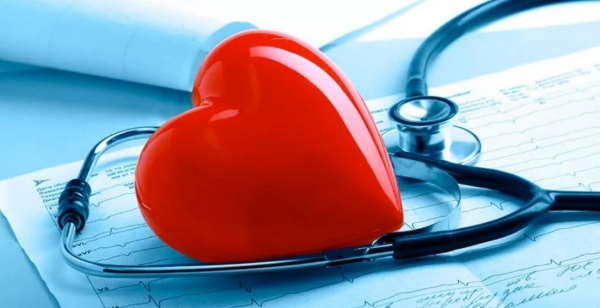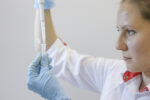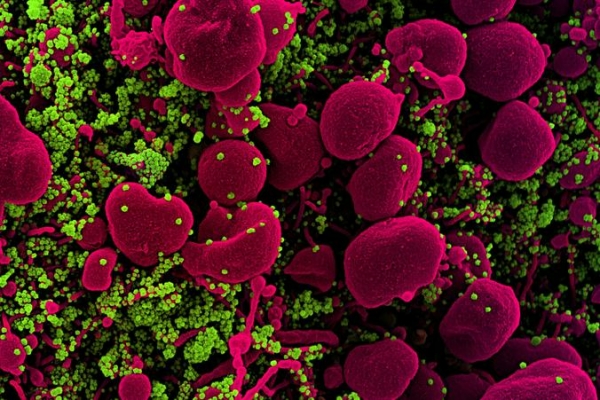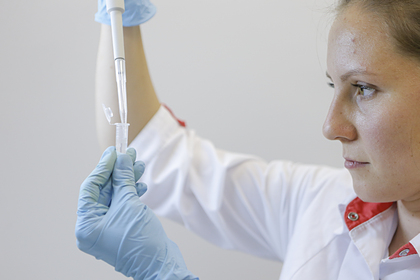
Whether cardiac patients are more at risk of coronavirus infection? What other precautionary measures they should use? Paul Explains Camarsac, a cardiologist.
Can heart patients are more likely to be infected with the coronavirus and ill COVID-19? Why?
Paul Camarsac: the Risk of infection by the coronavirus does not depend on concomitant diseases, and the mechanism is the same for all. Coronavirus SARS-CoV-2, causing COVID-19, is transmitted by droplets from infected people and contact method in the interaction with contaminated objects. He can live many hours on different types of surfaces (for plastic or stainless steel up to 72 hours). That’s why it’s so important to adhere strictly to the security rules that apply throughout the country: social isolation, frequent hand washing with soap and warm water for at least 20 seconds, avoiding touching the face with hands, wash and disinfect frequently affected surfaces. This is especially important due to the long incubation period of the disease, which is up to 14 days, and the probability of contact with infected people do not manifest any signs of infection. We also need to ensure the General strengthening of the body, the right amount of sleep, a healthy and balanced diet and avoid bad habits, especially alcohol.
Read how the coronavirus is stored on different surfaces and in the air
Coronavirus not only affects the respiratory system. The ACE2 receptor through which the virus enters the cells of the lung, are also found in cardiac muscle cells and in the cells of the kidney or vascular endothelium. As infection COVID-19 affects the heart muscle? Could there be any permanent damage to previously healthy people?
This discussion was prompted by the publication in the prestigious medical journal The Lancet, in which it was suggested that since the coronavirus SARS-CoV-2 binds to human cells via receptor enzyme, which is also present in the muscles of the myocardium, there is a high risk of heart complications.
We must stress that this is only a hypothesis, which is currently not been confirmed by reliable studies and should not serve as a basis for change in therapy. Requires further testing. Point of view on this question was contained the largest groups of experts in cardiology and pharmacotherapy is, including the European society of cardiology, American heart Association and the European medicines Agency.
Currently there is also no evidence that the coronavirus is SARS-CoV-2 can directly attack the cells of the myocardium, causing inflammation. However, we must remember that the disease has a very significant impact on the cardiovascular system. First, the infection in the lungs causes a decrease in oxygenation (hypoxia). Secondly, a massive immune response to ongoing infection leads to a significant reduction in blood pressure. Therefore, the heart rate is accelerated and the entire circulatory system is heavily loaded. This is especially important in people with concomitant diseases of the heart and blood vessels, especially in the elderly. There is also a theoretical risk that the ongoing active inflammatory process may cause destabilization of the atherosclerotic plaque, aggravating the course of coronary artery disease.
What is the difference between the course of the disease in the patient, which previously had no diseases, and the patient with heart disease?
Older age and comorbidities, including cardiovascular diseases, pose a significant risk of severe course and, consequently, higher mortality rates from COVID-19. This applies in particular to respiratory and cardiovascular diseases, cancer and people with significant disorders of immunity, including immunosuppression. We know that the mortality statistics also indicate a significantly higher incidence of diabetes and hypertension in people with the worst history COVID-19. This, of course, may be due to the fact that diabetes and hypertension are more common in older people (70+), and this group is especially vulnerable to severe infections. This observation, however, requires further verification.
Read what you need to know asthma and allergies
On the other hand, should remember to emphasize that there is a very large group of people with concomitant cardiovascular disease, in whom the infection was light and cured.
As people with increased risk should protect yourself from coronaviruses? How to protect yourself cardiac patients are recommended additional preventive measures?
The elderly and people with underlying medical conditions should be given special attention and stay home and, thus, to minimize the risk of infection. They should assist in the organization of life, which helps prevent possible contact with infected people, and in the daily responsibilities (grocery shopping, delivery of medications) in compliance with all safety regulations. It is important that people with a high risk of under no circumstances did not cancel the drug therapy or did not depart from the recommendations without consulting with doctor. Currently, most medical institutions have electronic visits or other forms of teleconsultation.
It should be emphasized that in case of sudden deterioration of health You should immediately consult a doctor.









More Stories
Color wheel online
The Ministry of health has promised to disclose information about the vaccine trials from COVID-19
Called “atypical” symptoms of coronavirus